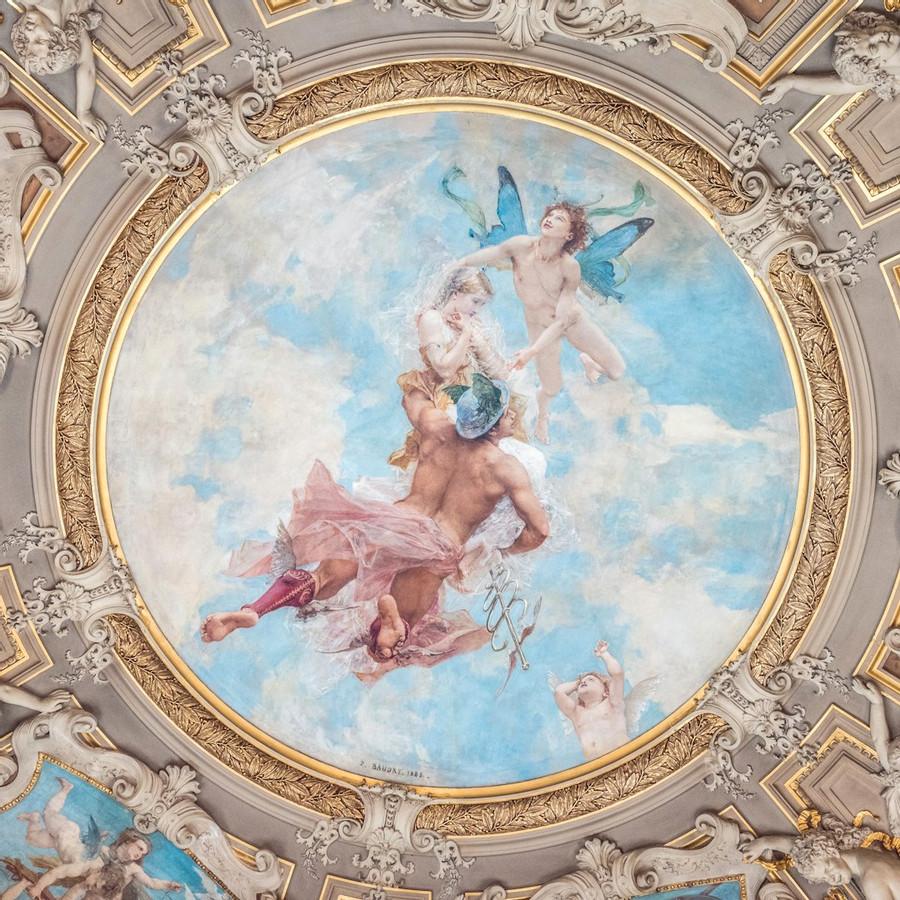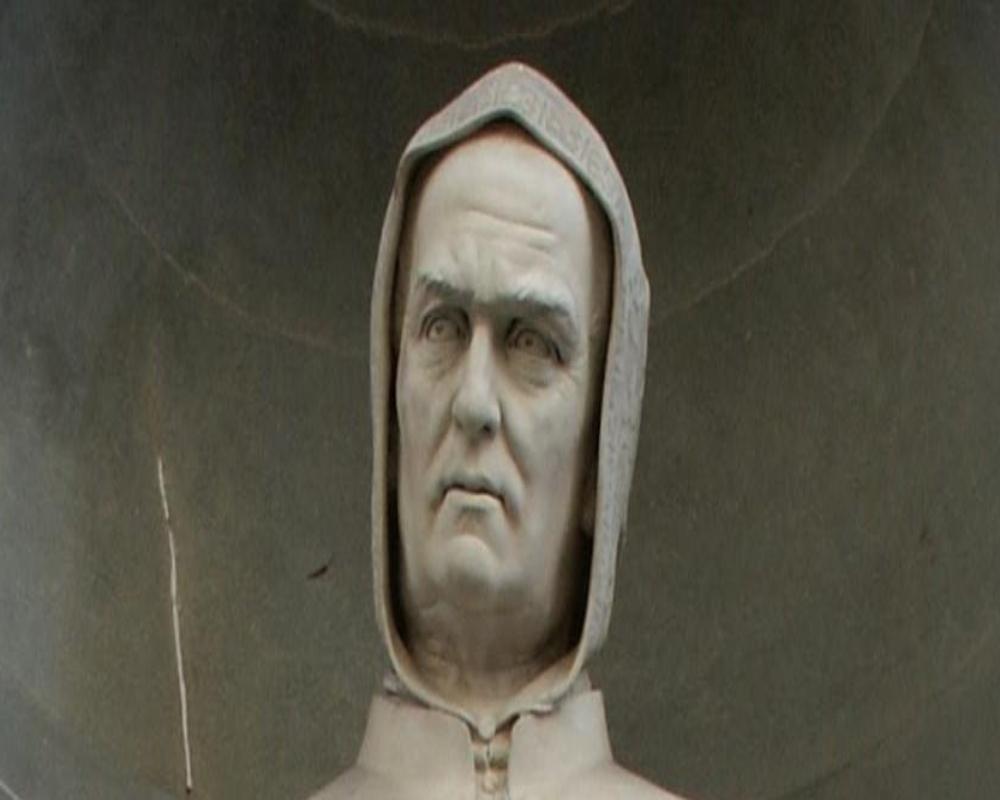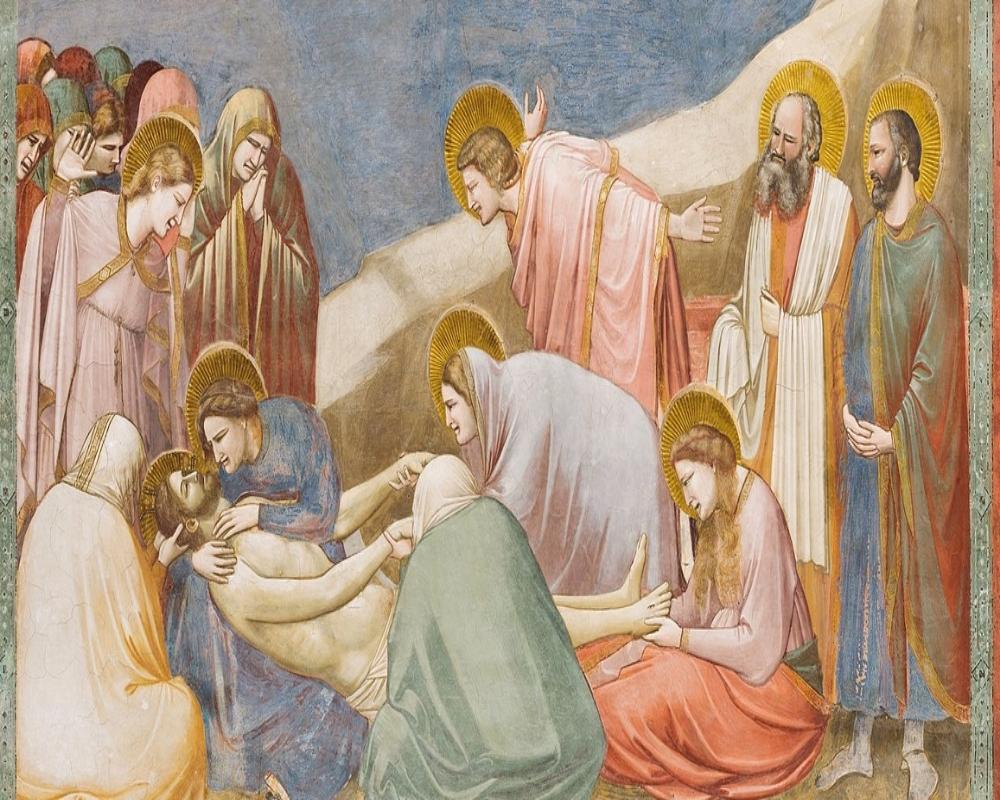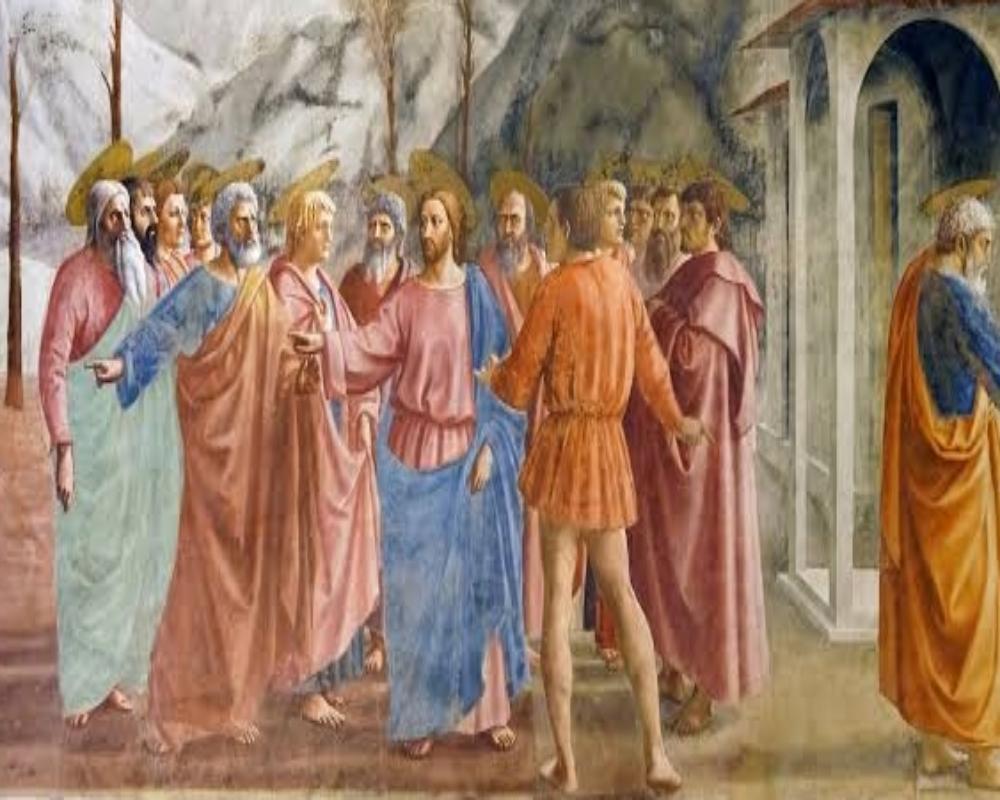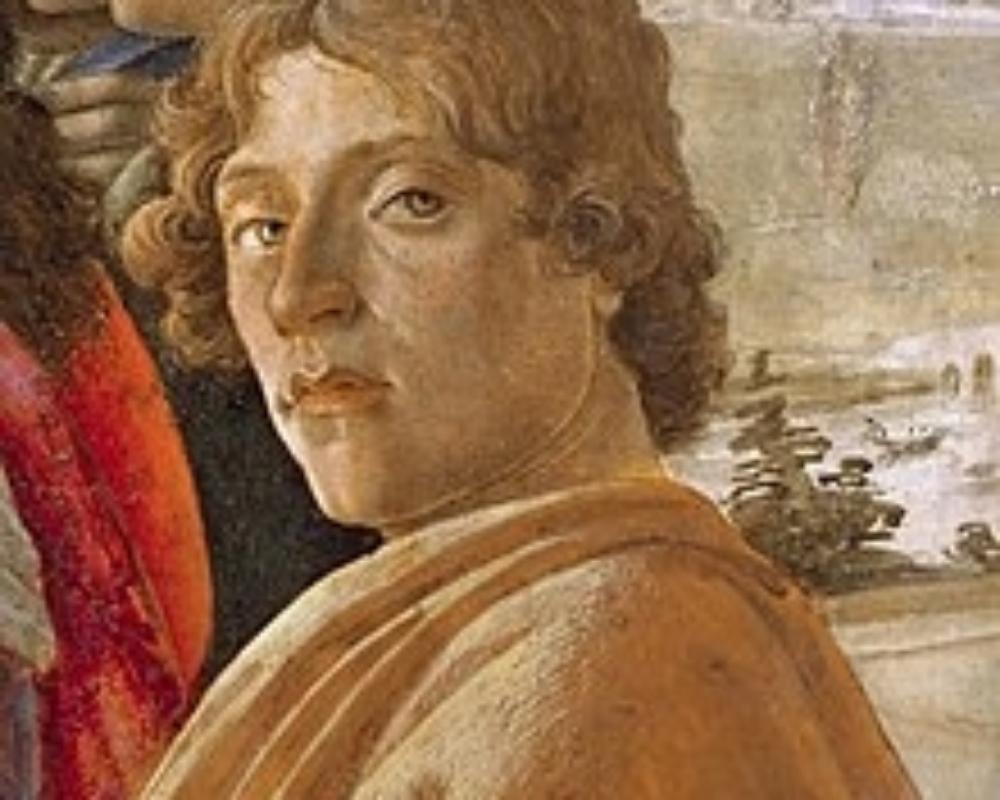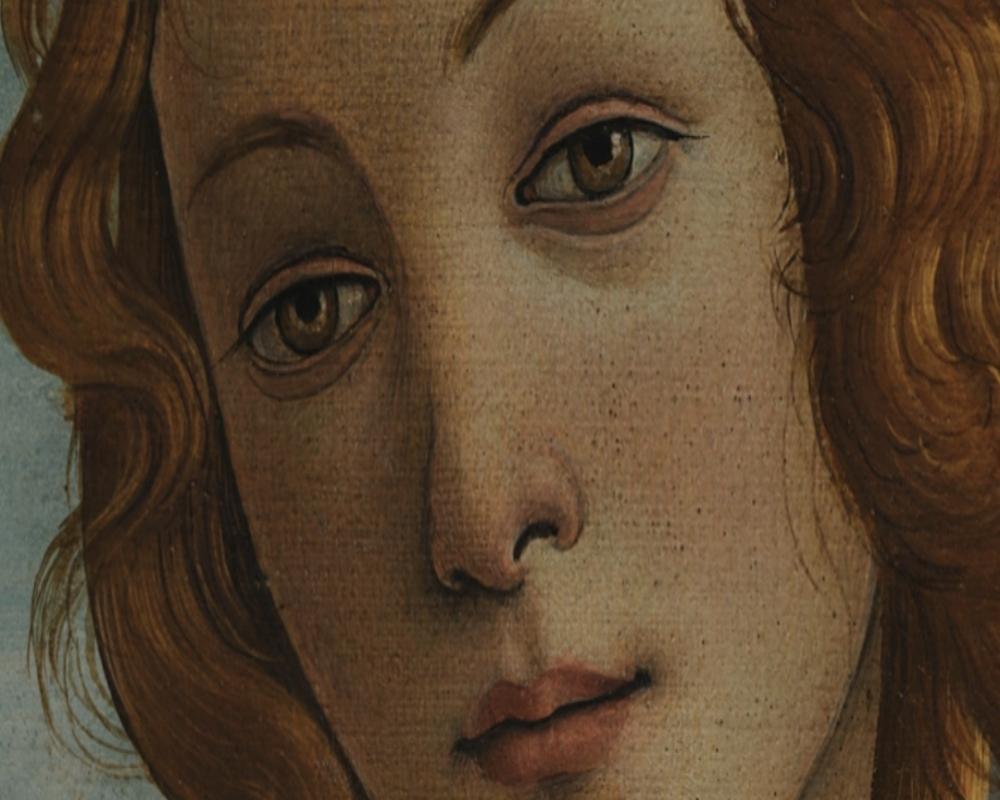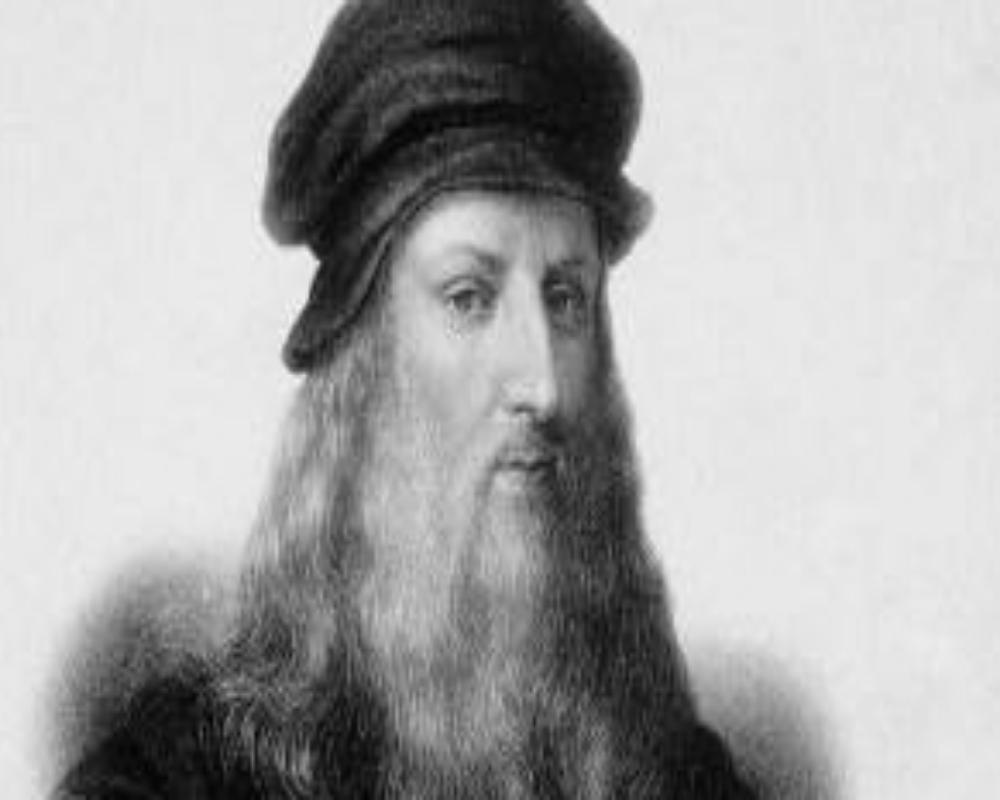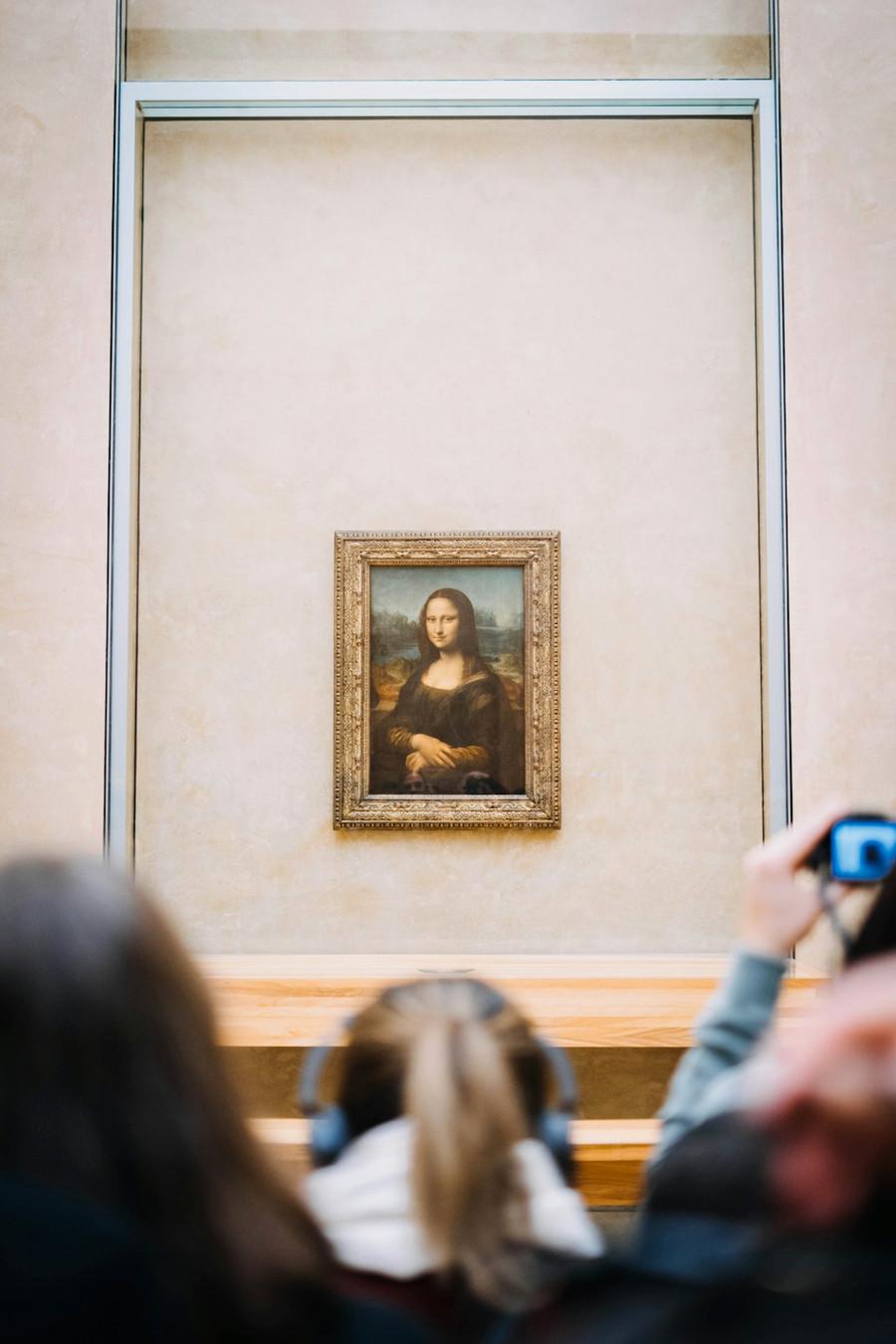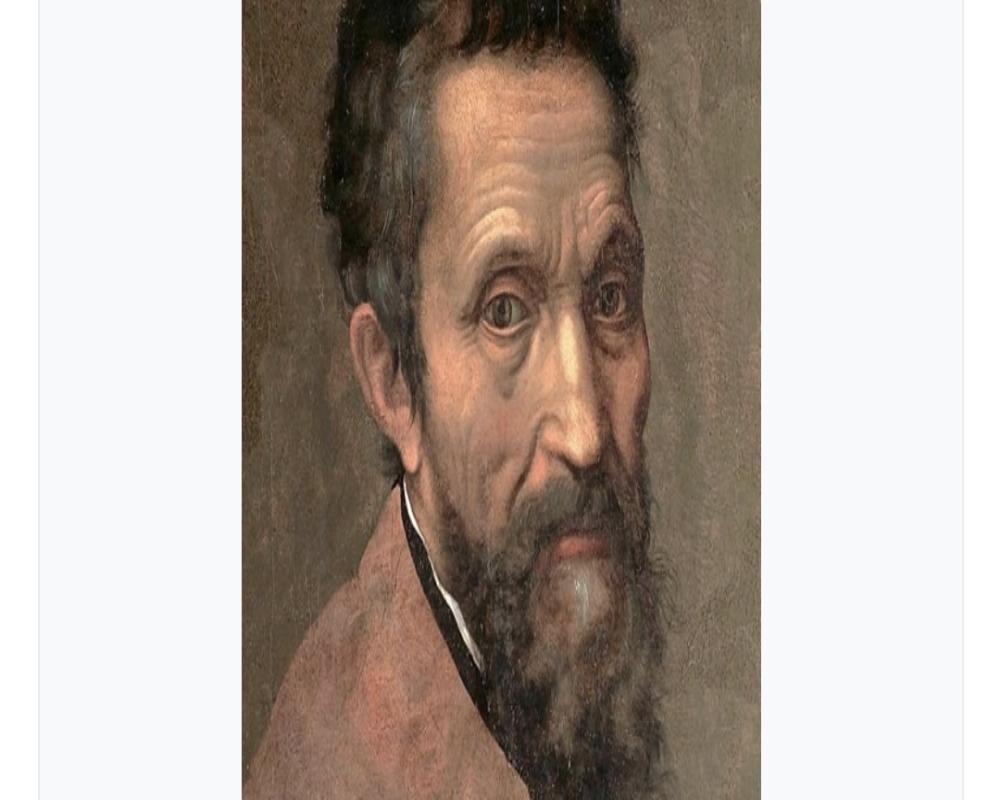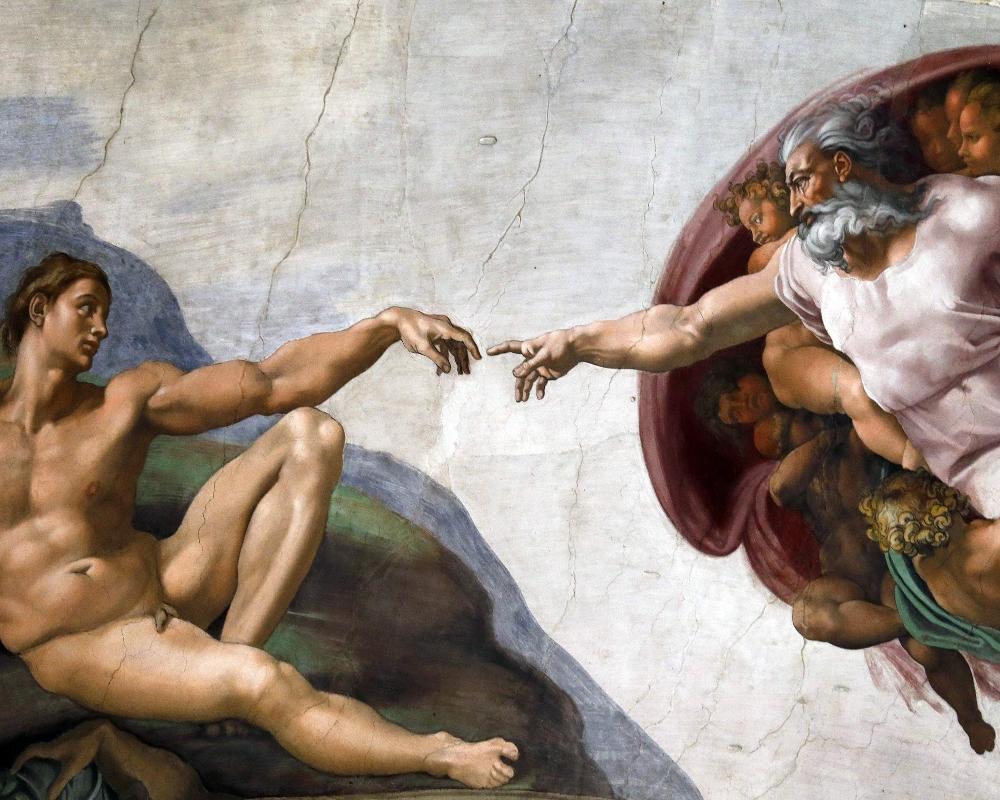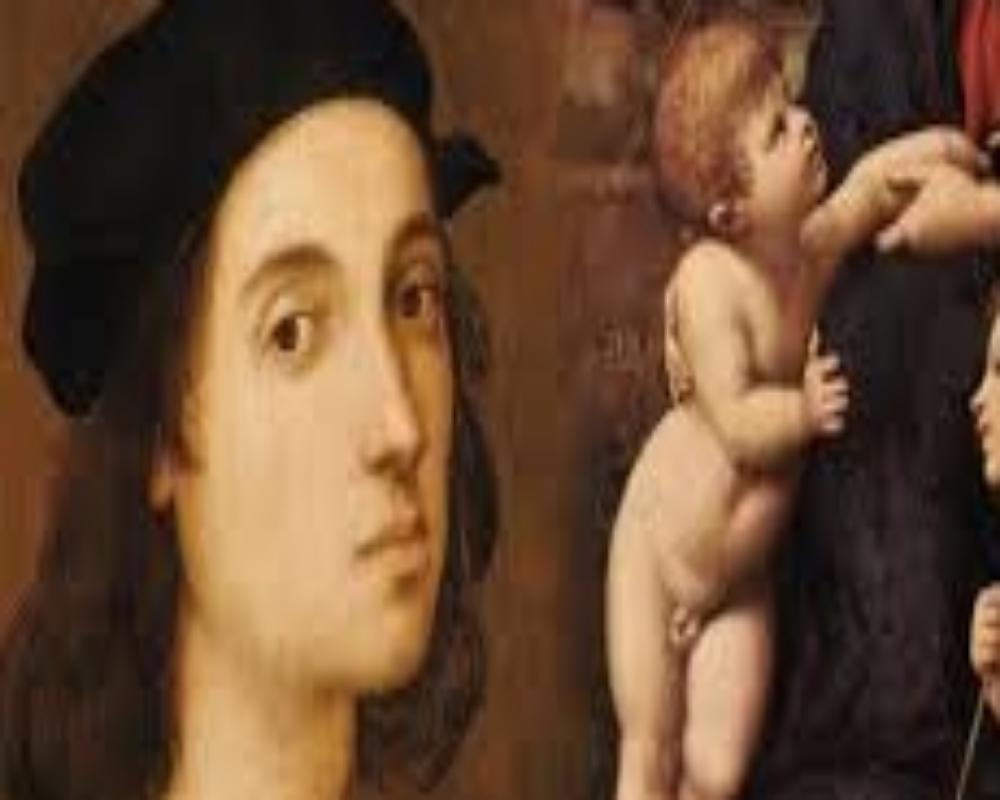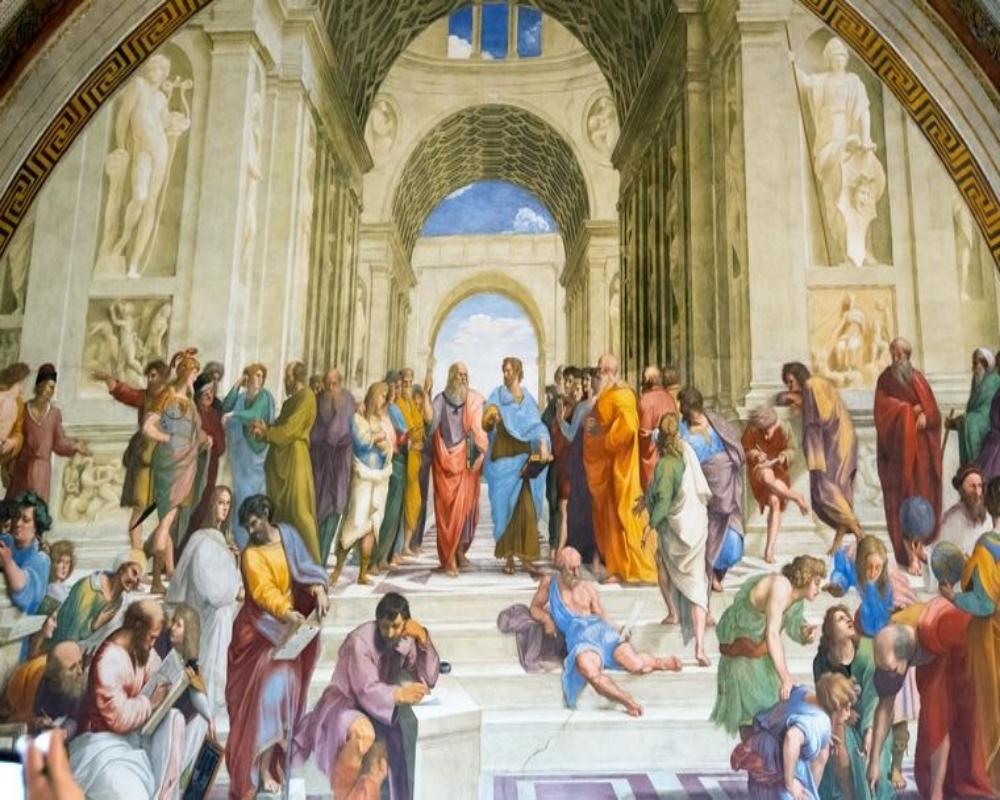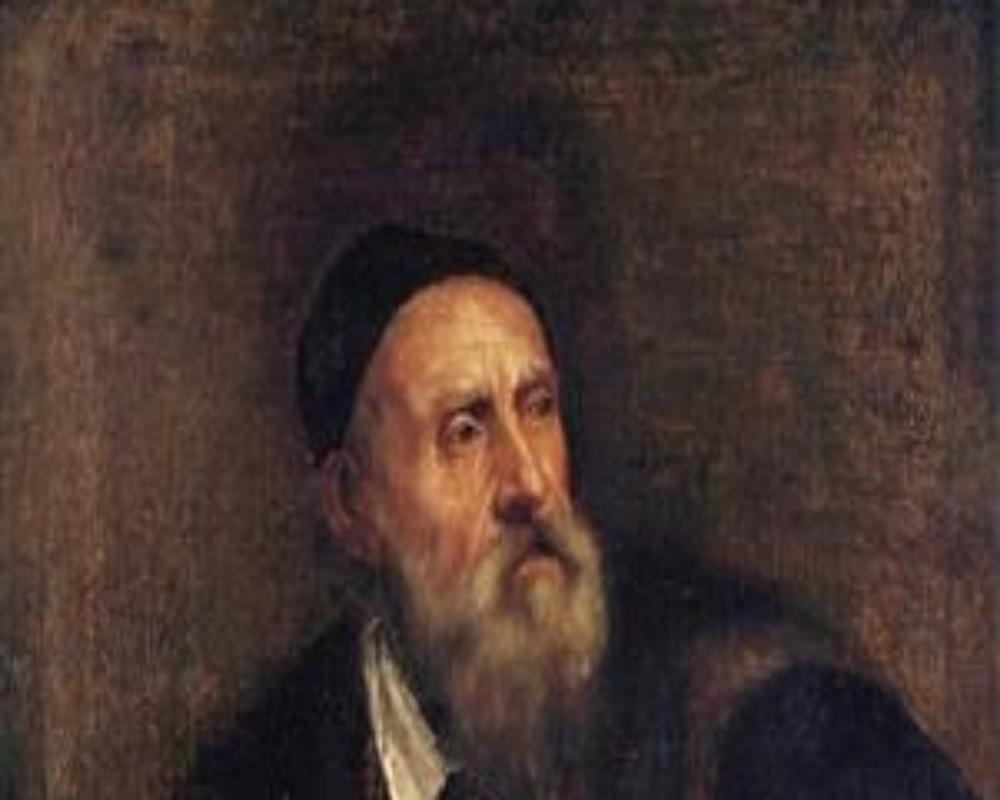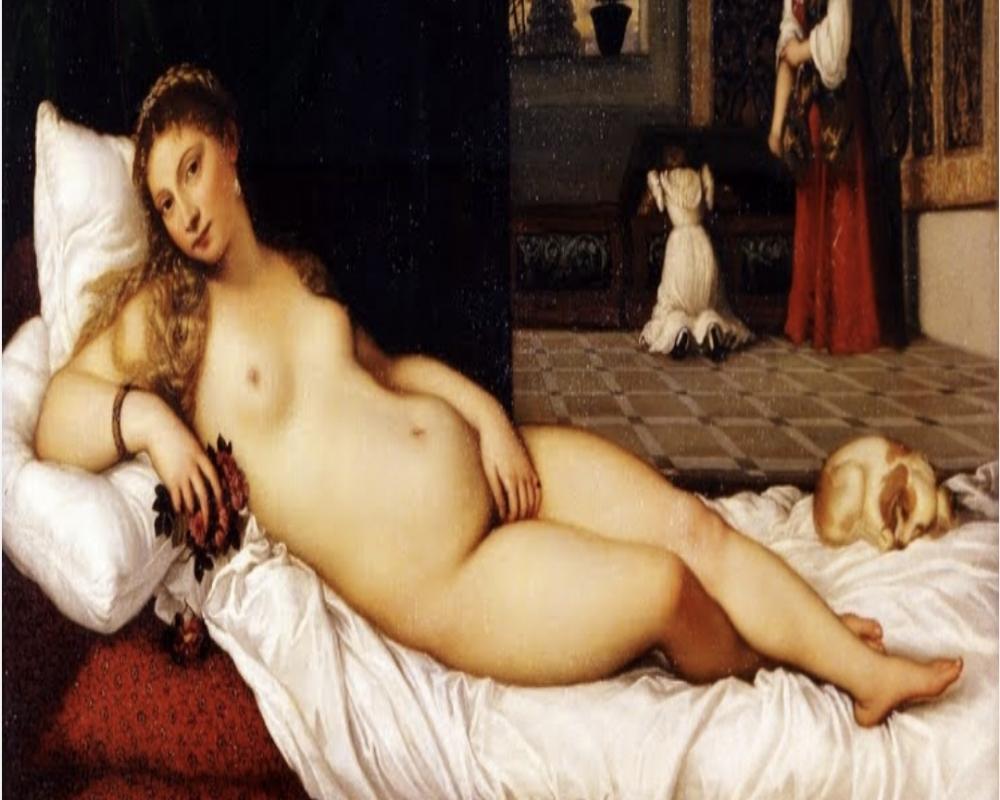Explore the World's Best Ideas
Join today and uncover 100+ curated journeys from 50+ topics. Unlock access to our mobile app with extensive features.
A time of great Art
The Renaissance period, spanning from the 14th to the 17th century, was a time of great artistic and intellectual innovation in Europe. Numerous pioneers emerged during this era, revolutionizing art and leaving behind a rich legacy of masterpieces. The following set of ideas are some prominent figures from the Renaissance and their most famous painting
7
75 reads
Giotto di Bondone
Giotto di Bondone (1266/7-1337) - Considered the father of Renaissance painting. Famous painting: "The Lamentation," a fresco in the Scrovegni Chapel in Padua, Italy.
9
75 reads
The Lamentation
The most famous representation of the Lamentation is the fresco painted by Giotto di Bondone in the early 14th century. This particular Lamentation fresco is located in the Scrovegni Chapel in Padua, Italy. Giotto's rendition is known for its emotional intensity and realistic portrayal of grief, which was a departure from the flat and stylized Byzantine art that preceded it. The scene is filled with figures expressing their sorrow and anguish over Christ's death.
9
56 reads
Masaccio
Masaccio (1401-1428) - Known for his use of perspective and naturalistic style. Famous painting: "The Tribute Money," a fresco in the Brancacci Chapel in Florence, Italy.
7
53 reads
The Tribute Money
It is a famous painting created by Masaccio during the early Renaissance period. It is a part of a series of frescoes in the Brancacci Chapel in Florence, Italy. The painting depicts a biblical scene from the Gospel of Matthew (17:24-27) where Jesus and his disciples encounter a tax collector asking for the temple tax. In the painting, Jesus is shown instructing Peter, who holds a fish in his hand. The fish is said to contain a coin that can be used to pay the tax. The episode symbolizes the power and authority of Jesus as well as his divine knowledge and ability to perform miracles.
9
42 reads
Sandro Botticelli
Sandro Botticelli (1445-1510) - Known for his mythological and allegorical works. Famous painting: "The Birth of Venus," depicting the goddess Venus rising from the sea.
8
48 reads
The Birth of Venus
depicts the mythological birth of the goddess Venus (also known as Aphrodite in Greek mythology) as she emerges fully grown from the sea. The painting portrays Venus standing on a giant scallop shell, being blown towards the shore by the wind Zephyrus, while a nymph, often identified as Chloris, awaits her arrival with a cloak. Botticelli's depiction of Venus is characterized by her idealized beauty, graceful pose, and serene expression. She is presented as a symbol of love, beauty, and fertility. The composition of the painting is balanced and harmonious, with Venus being the central figure
8
38 reads
Leonardo da Vinci
Leonardo da Vinci (1452-1519) - A true Renaissance polymath, renowned for his scientific curiosity and artistic genius. Famous painting: "Mona Lisa," a portrait of Lisa Gherardini, and "The Last Supper," a mural in Milan.
7
41 reads
The Mona Lisa
The Mona Lisa, or La Gioconda, is one of the most renowned paintings in the world, created by the Italian artist Leonardo da Vinci during the early 16th century. It is currently housed in the Louvre Museum in Paris, France. The painting is a portrait of a woman believed to be Lisa Gherardini, a Florentine woman from a prominent family. Leonardo's approach to portraiture was innovative for its time, as he sought to capture not only the physical likeness but also the inner essence and personality of the subject.
8
35 reads
Michelangelo Buonarroti
Michelangelo Buonarroti (1475-1564) - An exceptional sculptor, painter, and architect. Famous painting: "The Creation of Adam," a fresco on the Sistine Chapel ceiling, and "The Last Judgment," another fresco in the Sistine Chapel.
7
40 reads
The Creation Of Adam
depicts the biblical narrative from the Book of Genesis in which God breathes life into Adam, the first human being. The painting portrays God as a bearded, majestic figure extending his arm towards Adam, who lies reclined on the ground. Their fingertips nearly touch, symbolizing the moment of divine spark and the imparting of life. The painting's iconic image of God and Adam reaching out to each other has become deeply ingrained in popular culture, often symbolizing the idea of human potential, the search for knowledge, and the relationship between the divine and the mortal.
7
33 reads
Raphael
Raphael (1483-1520) - Known for his harmonious compositions and idealized figures. Famous painting: "The School of Athens," a fresco in the Vatican depicting ancient philosophers.
7
44 reads
The School Of Athens
It is a renowned fresco painting by the Italian artist Raphael, created during the High Renaissance period. It is part of a series of frescoes adorning the walls of the Vatican's Apostolic Palace in Rome. The central figures of the painting are the philosophers Plato and Aristotle, who are portrayed in the forefront and are recognizable by their distinctive appearance. Plato points upwards, symbolizing his belief in the realm of ideal forms, while Aristotle gestures towards the ground, representing his emphasis on empirical observation and the physical world
8
38 reads
Titian
Titian (c. 1488-1576) - One of the most important Venetian painters, renowned for his use of color and brushwork. Famous painting: "Venus of Urbino," an allegorical painting of Venus, and "Bacchus and Ariadne."
7
39 reads
Venus of Urbino
The Venus of Urbino is considered a masterpiece of Renaissance art due to its technical brilliance and its ability to capture the sensuality and beauty of the female form. It has had a profound influence on subsequent artists, serving as a model for countless reclining female nude paintings throughout art history.
8
41 reads
IDEAS CURATED BY
CURATOR'S NOTE
The world needs more artists
“
Similar ideas
17 ideas
12 ideas
Read & Learn
20x Faster
without
deepstash
with
deepstash
with
deepstash
Personalized microlearning
—
100+ Learning Journeys
—
Access to 200,000+ ideas
—
Access to the mobile app
—
Unlimited idea saving
—
—
Unlimited history
—
—
Unlimited listening to ideas
—
—
Downloading & offline access
—
—
Supercharge your mind with one idea per day
Enter your email and spend 1 minute every day to learn something new.
I agree to receive email updates

